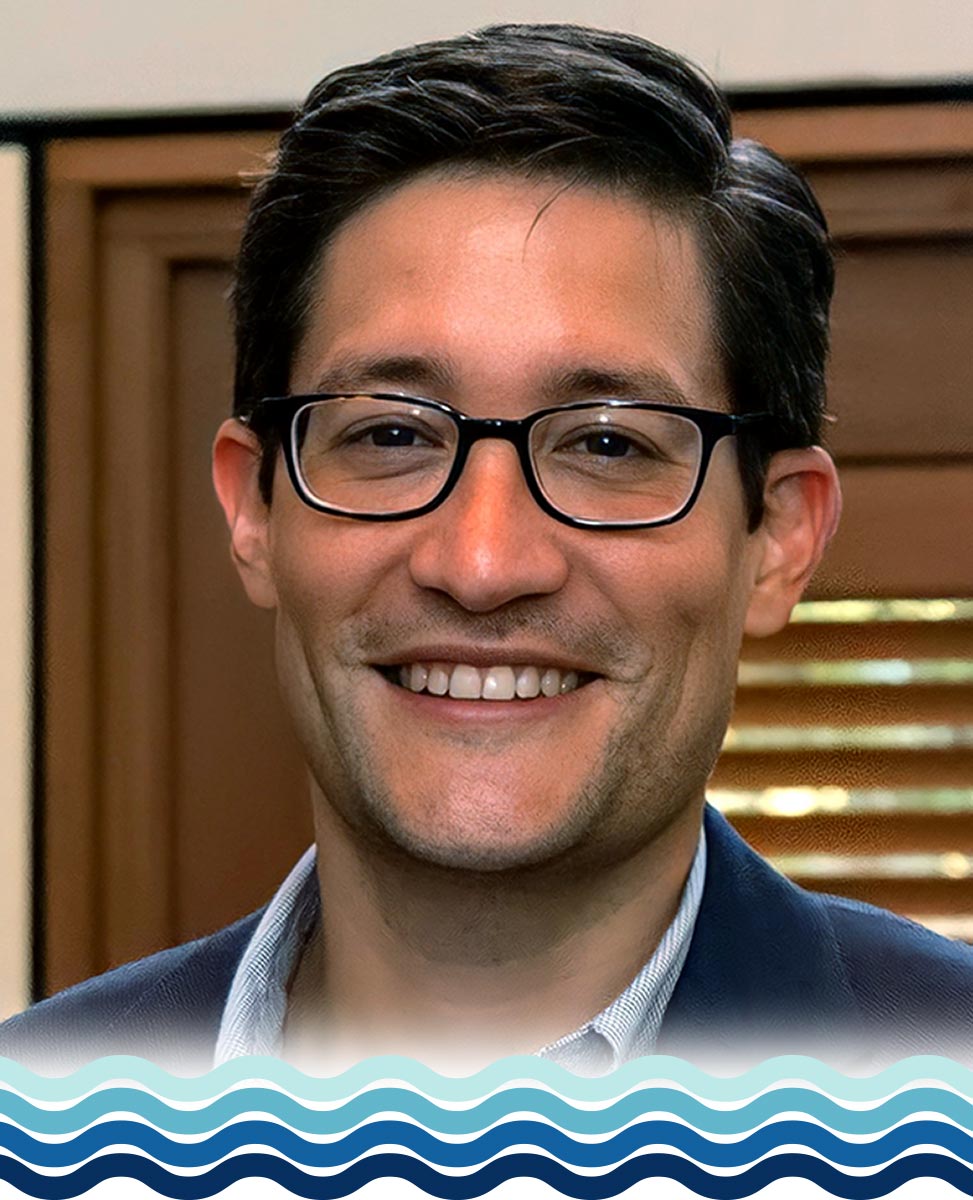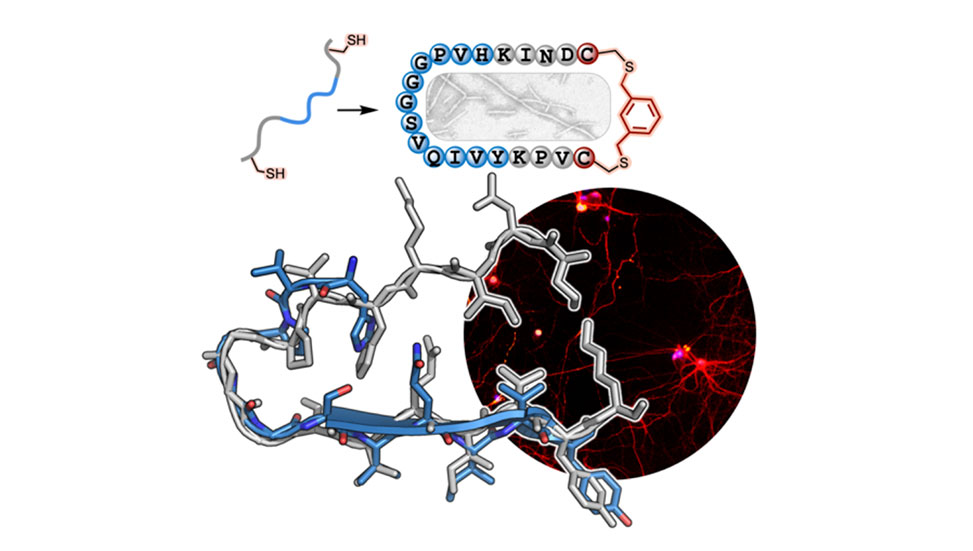Juan Del Valle
W.K. Warren Family Professor
University of Notre Dame
Talk Information
Disease-Focused Peptide Discovery
19 June 2025, 11:05am - 11:20am, in the Pacific Jewel Ballroom
L19 – β-Arch Macrocycles as Functional Tau Proteomimetics

Professor Juan R. Del Valle is a distinguished chemist specializing in organic synthesis and chemical biology. He currently holds the position of W.K. Warren Family Professor at the University of Notre Dame, where he also serves as Associate Chair of the Department of Chemistry & Biochemistry. His research is conducted within the Warren Family Research Center for Drug Discovery & Development, focusing on the design of biologically active peptidomimetics and small molecules.
Academic Background
Dr. Del Valle earned his B.A. in Chemistry from Carleton College in 1999, followed by a Ph.D. in Organic Chemistry from the University of California, San Diego, in 2004. He completed postdoctoral research at the University of Montreal before embarking on his academic career. Prior to joining Notre Dame in 2019, he held faculty positions at New Mexico State University and the University of South Florida, where he was also affiliated with the Moffitt Cancer Center.
Research Focus
Professor Del Valle's research lies at the intersection of organic synthesis and chemical biology. His laboratory is dedicated to the structure-based design and synthesis of peptidomimetics and small molecules that modulate protein-protein interactions, PPIs. Key areas of investigation include:
- Development of constrained peptides targeting PPIs relevant to cancer, neurodegeneration, and infectious diseases.
- Total synthesis and optimization of non-ribosomal peptide natural products with unique backbone modifications.
- Design of modulators for the endoplasmic reticulum, ER, stress response, particularly inhibitors of the IRE1/XBP1 signaling pathway.
Notable Contributions
Dr. Del Valle has made significant contributions to the field of chemical biology through the synthesis of complex natural products and the development of novel peptidomimetic scaffolds. His work on ER stress modulators has provided insights into therapeutic strategies for diseases such as cancer and neurodegeneration. He has authored numerous peer-reviewed publications, advancing the understanding of peptide-based drug design.
Awards and Honors
Professor Del Valle's excellence in research and teaching has been recognized with several awards, including:
- CIBA Young Scientist Award, ACS Younger Chemists Committee, 2010
- Milestone Award, Miles for Moffitt Foundation, 2010
- Undergraduate Teaching Award, University of South Florida, 2018,
Professional Engagements
Beyond his research endeavors, Dr. Del Valle is actively involved in the scientific community. He serves on editorial boards, participates in grant review panels, and contributes to the organization of scientific conferences. His commitment to education is evident through his mentorship of graduate and undergraduate students, fostering the next generation of scientists.
Through his innovative research and dedication to teaching, Professor Juan R. Del Valle continues to make impactful contributions to the fields of organic chemistry and chemical biology.
β-Arch Macrocycles as Functional Tau Proteomimetics
Department of Chemistry & Biochemistry, University of Notre Dame, Notre Dame, Indiana, USA
The conformational plasticity of tau allows it to play a role in many important cellular processes; however, its misfolding and self-assembly into pathological amyloid filaments characterizes several neurodegenerative disorders. Disease-associated tau exhibits β-arch architecture, wherein protein monomers adopt β-arch folds that stack in register. The resulting filaments can seed the misfolding of soluble tau and propagate across neurons in a prion-like manner.

Recent structural data demonstrate that the conformations of tau protomers within filaments varies by disease, even when they are comprised of the same isoform and sequence. This raises the intriguing possibility of a link between conformational fold, seeding capacity, and disease progression. Current models of tau propagation based on co-factor-induced aggregation fail to capture the structural diversity of pathological tau folds. Access to homogenous, disease-relevant tau conformers is thus urgently needed.
Here, we describe the structure-based design and synthesis of peptide macrocycles that mimic the form and function of patient-derived tau aggregates. Diversity-oriented covalent stapling of core motifs observed in 4R tau folds from idiopathic disease affords cyclic β-arch peptides that self-assemble into amyloid filaments. A subset of these “mini-tau” macrocycles potently seed endogenous tau in engineered biosensor cells and primary neuronal cell cultures. Structural elucidation of our mini-tau filaments by cryo-EM reveals several conformational features congruent with those in pathological tau folds. Our studies provide a framework for the minimization of functional, disease-associated epitopes of amyloidogenic proteins that could find broad application in the development of vaccines and therapeutic antibodies.

